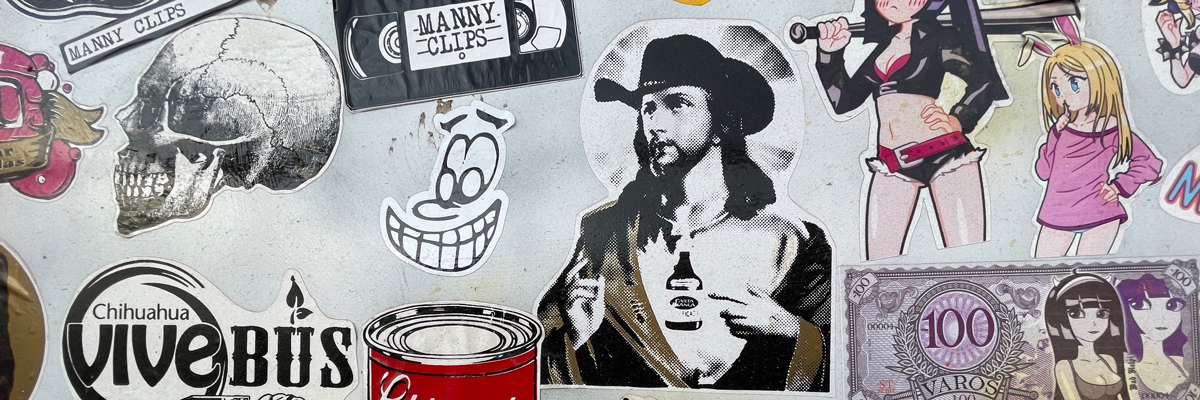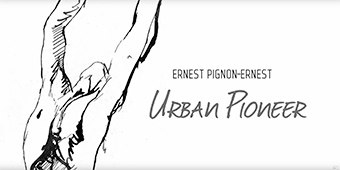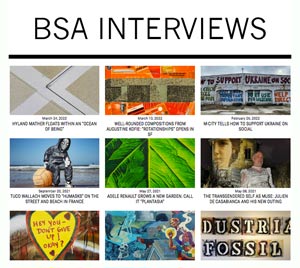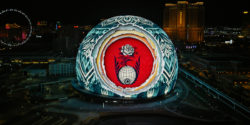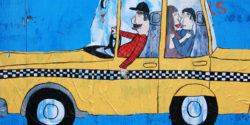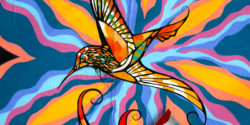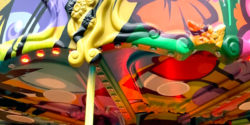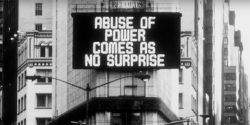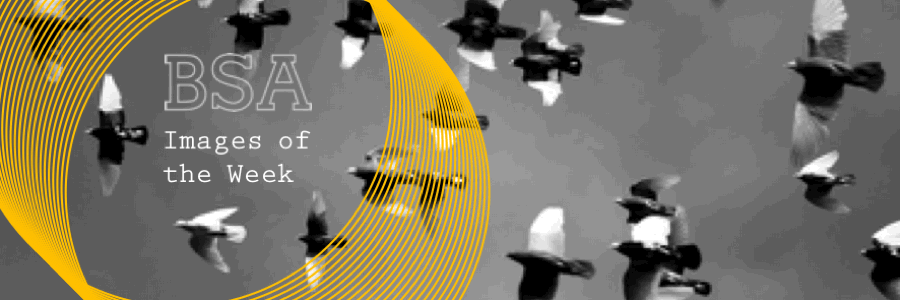
Welcome to BSA Images of the Week. While New York suffered a heatwave followed by tropical storms from Hurricane Elsa flying up the East Coast and flooding the subways, this week, we checked in with the evolution of a city in sunny, arid, colorful Mexico.
The aesthetics and language of street art and graffiti are so pervasive, so woven into the international culture in cities, that it hardly surprises us to see it absorbed and re-interpreted wherever we go. We like to return to places that we’ve traveled to previously; it is an opportunity to gauge the changes, the tempo, perhaps to appreciate the influence of the Internet and social media in connecting and re-sorting people based on their interests rather than geography.
In the case of the northern Mexican city of Chihuahua, we see a lively mural program, a small but fervent and well-crafted graffiti, and tattoo scene, and now even a sticker storm of sorts in specific parts of this desert home to international corporate maquiladoras and a proud sense of commitment to traditional culture and history. Topics and influences range from gender roles, machismo, Christian iconography, Japanese anime, tattoo culture, Warhol’s version of POP, empowered female sexuality, devils, angels, wildlife, drugs, economics, and subtly played political critique.
At almost a million people and with its focus on education, its primarily one- and two-story cityscape is only interrupted briefly by a historic colonial downtown, peppered with a few modern glass boxes. Chihuahua is vying for tourists and corporations to come with a redrawn city center, the historical monuments and fountains now modernized with an open and welcoming street plan. But stylistically, we like the margins, where the messages are rather less vetted…
When exploring the street art here, you’ll see international styles filtered through Mexican culture and iconography; However, in the case of OBEY aesthetics repeated on stickers, one could argue that Shepard Faireys’ original fascination with the fantasy of Andre the Giant has as much to do with the Mexican “Luchador” subculture and its films of the 1950s/60s as any subversive impulses from punk that appealed to him in his college years.
Similarly, the one-color small stencil didn’t originate with the Army or Bristol’s Banksy – it has appeared for decades throughout the decorative folk arts here, not to mention the robustly social and politically inspired Mexican mural tradition of the 20th century that is in the creative DNA of street artists worldwide. As the so-called First World de-industrialized in the last three decades, their neighbors have been equally looking for new footing. In the case of cultures like Mexico’s, there is a spirit of innovation and a respect for tradition, an amalgam that may materialize now as something more modern than you expected.
Here’s our weekly interview with the street, this week featuring Ale Poire, Ayari Ludeas, Bideo TCK, Celest Alonso, Cesar Duarte, David Glezzg, Joker, Maker, Maru Campos, and Mittuh.
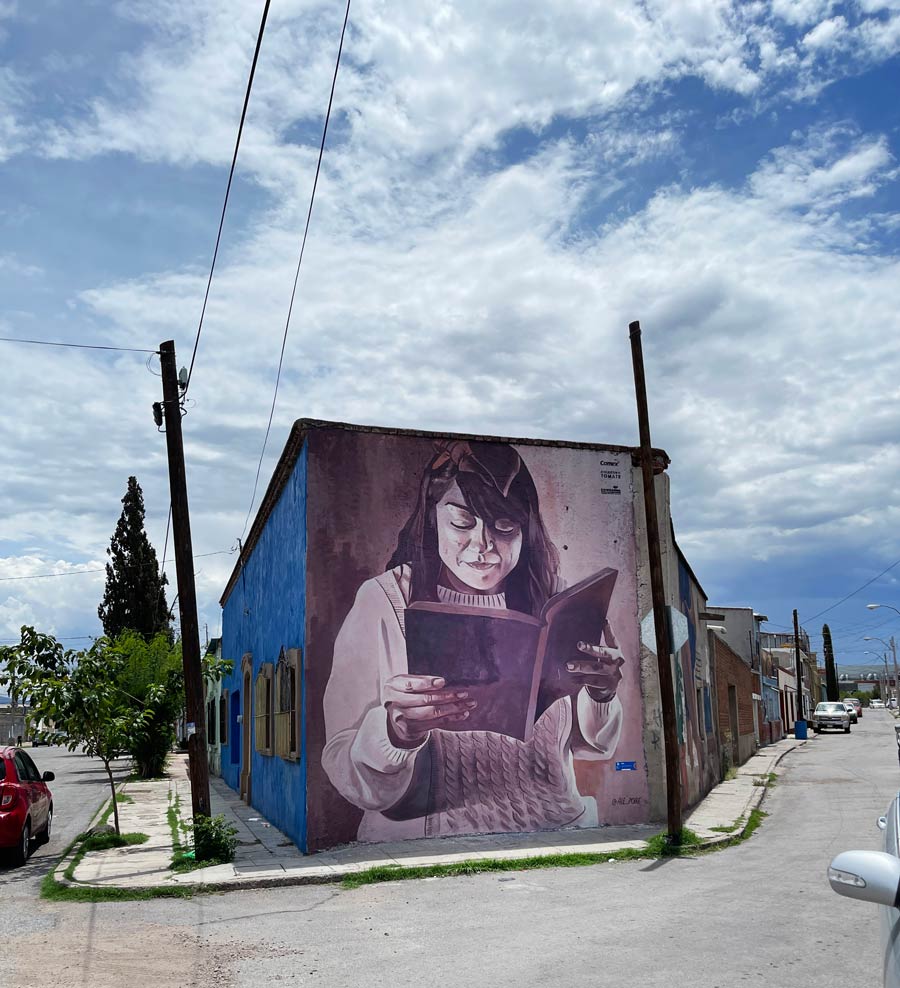
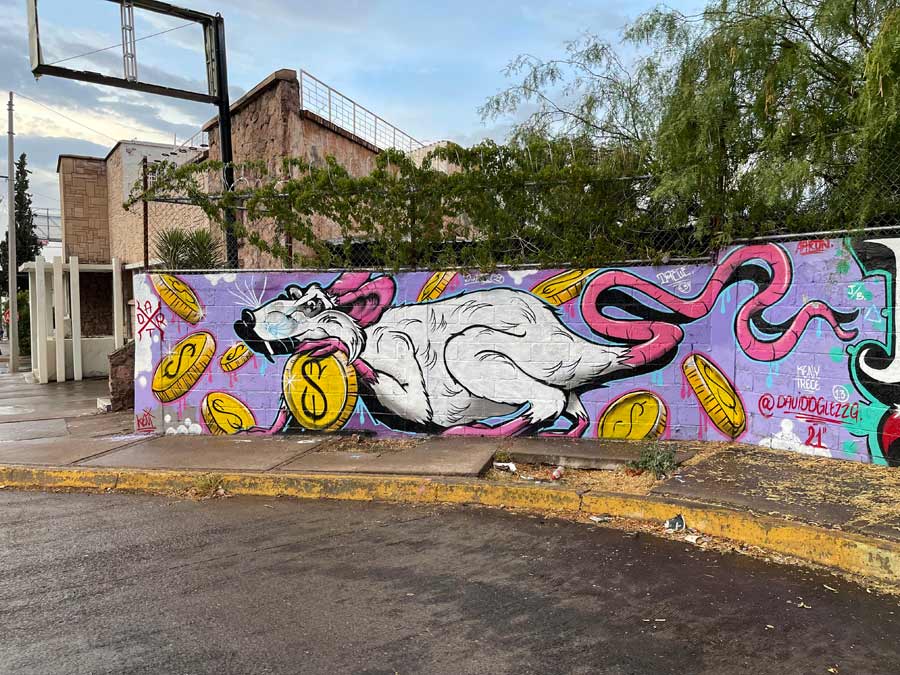
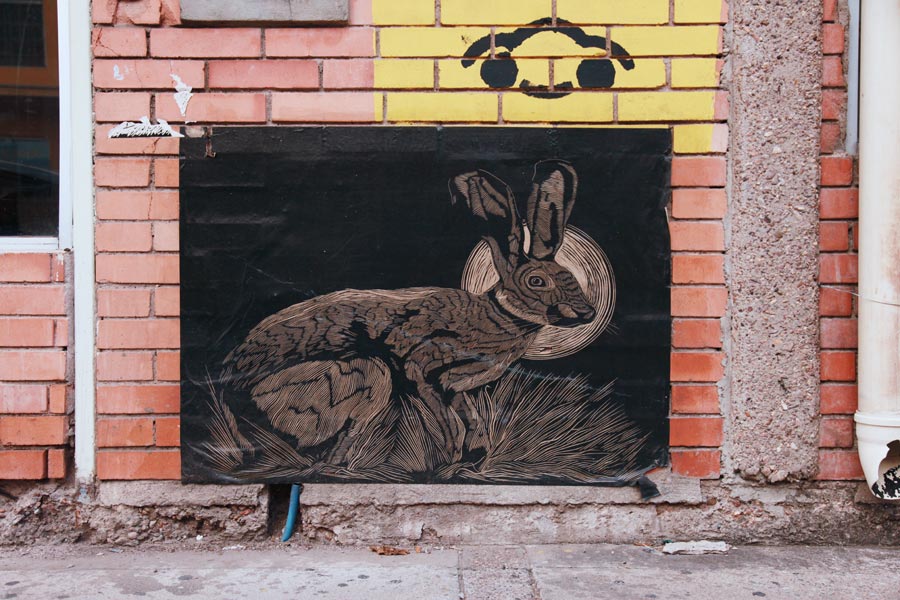
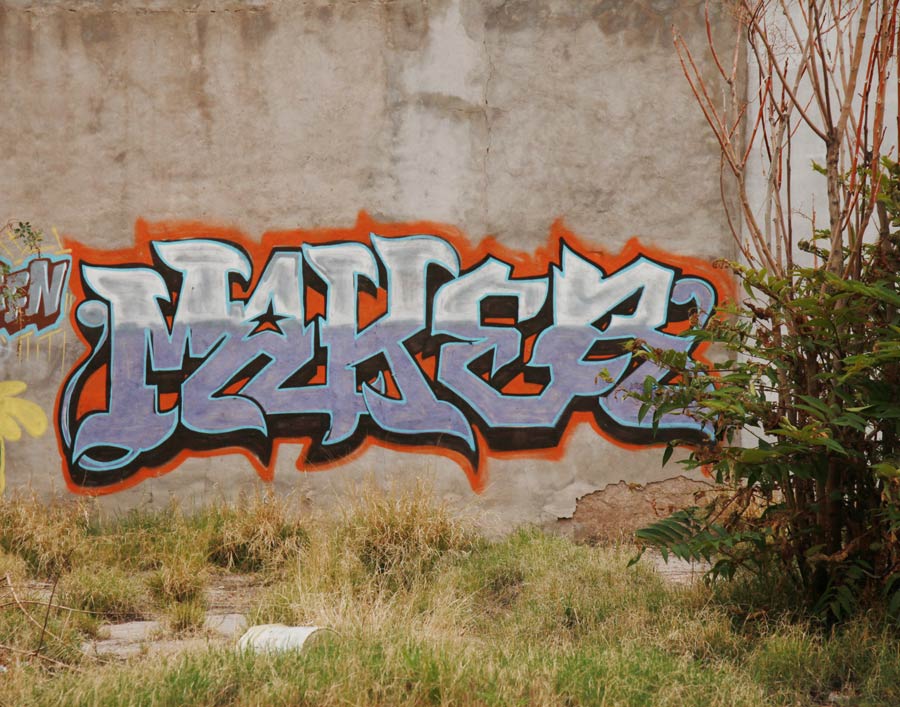
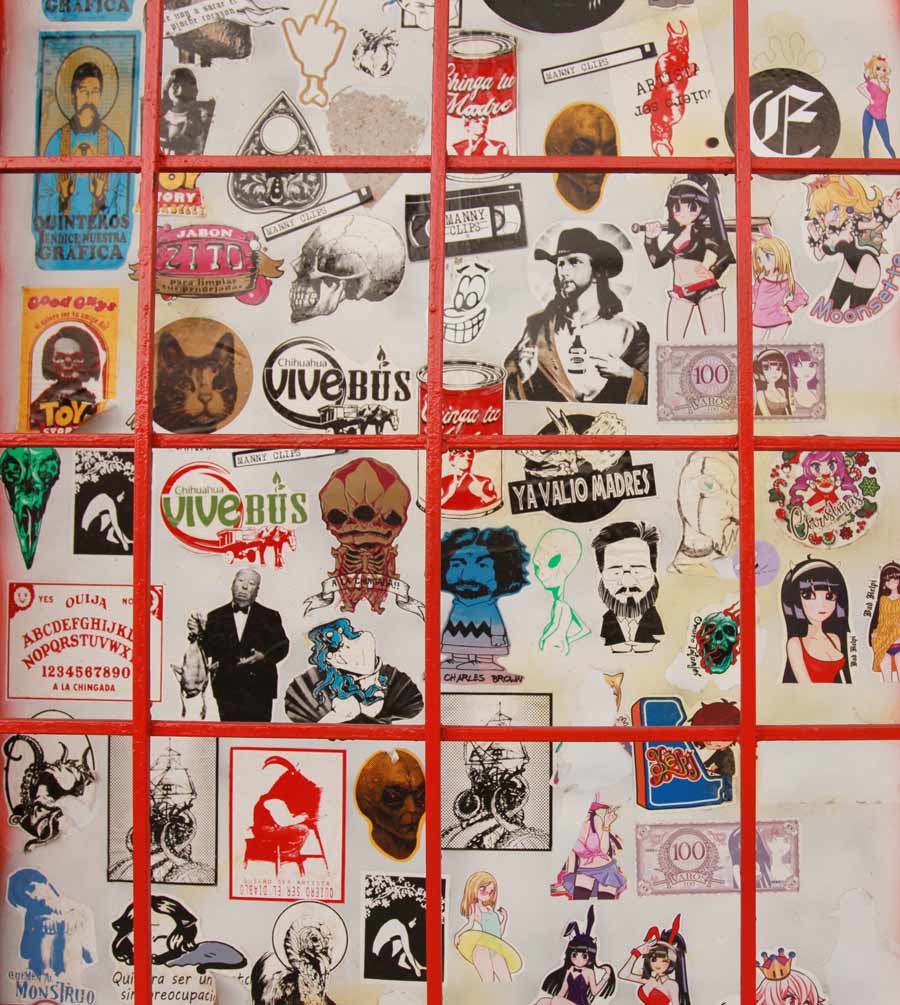
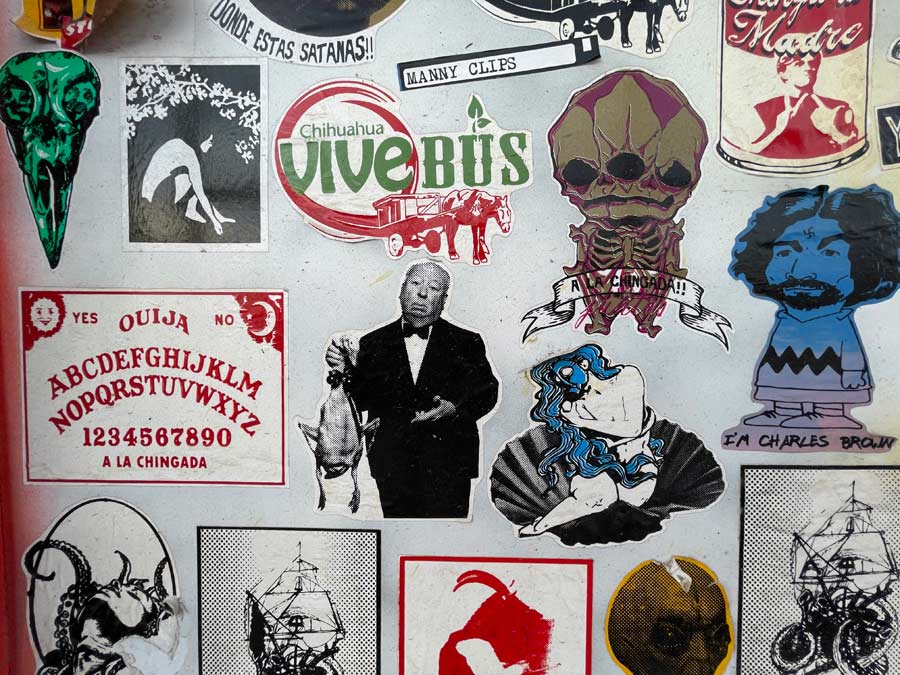
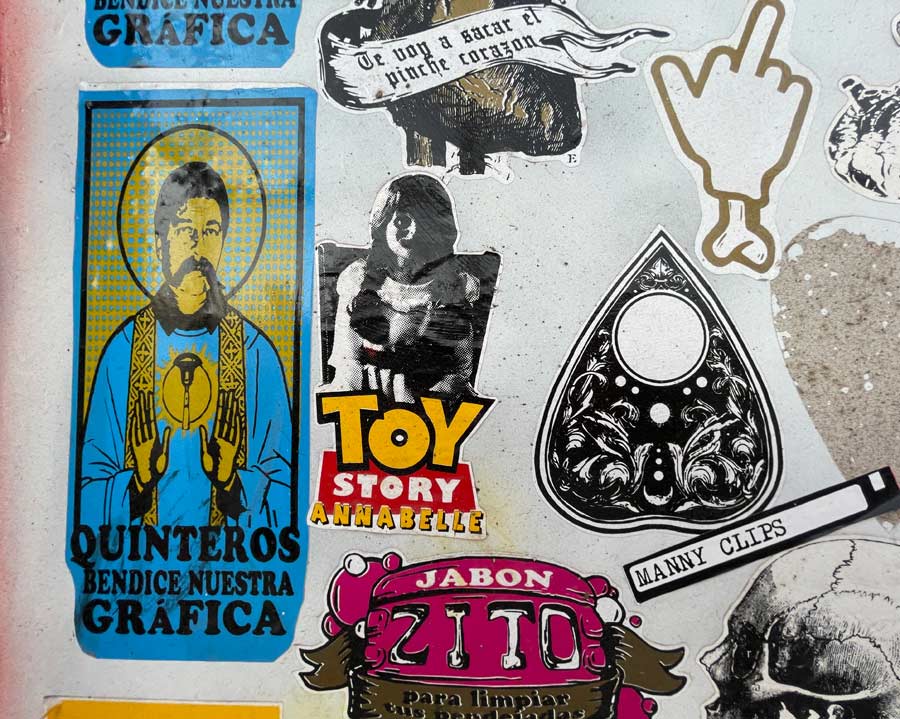
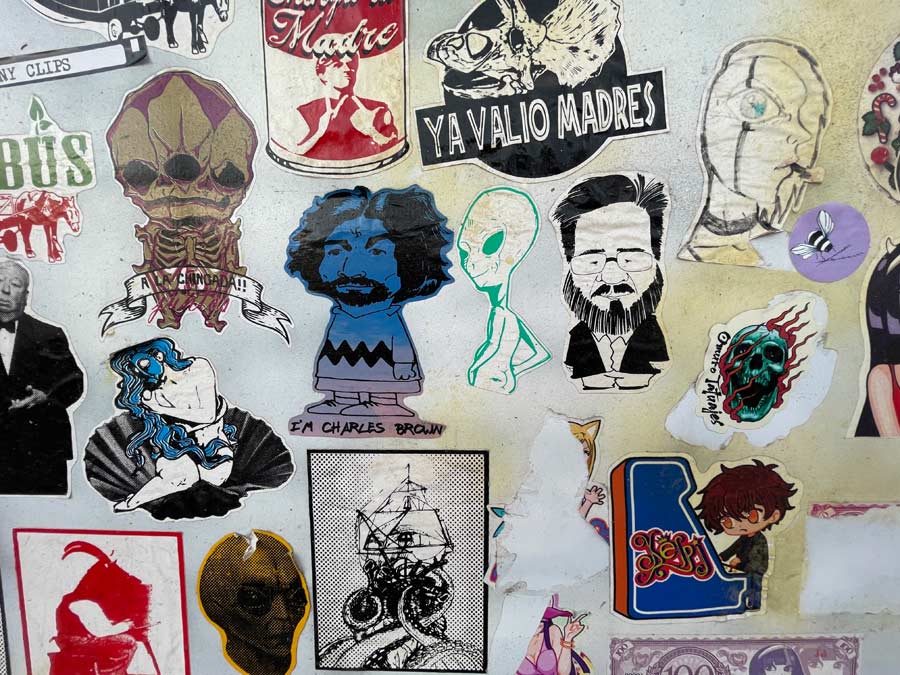

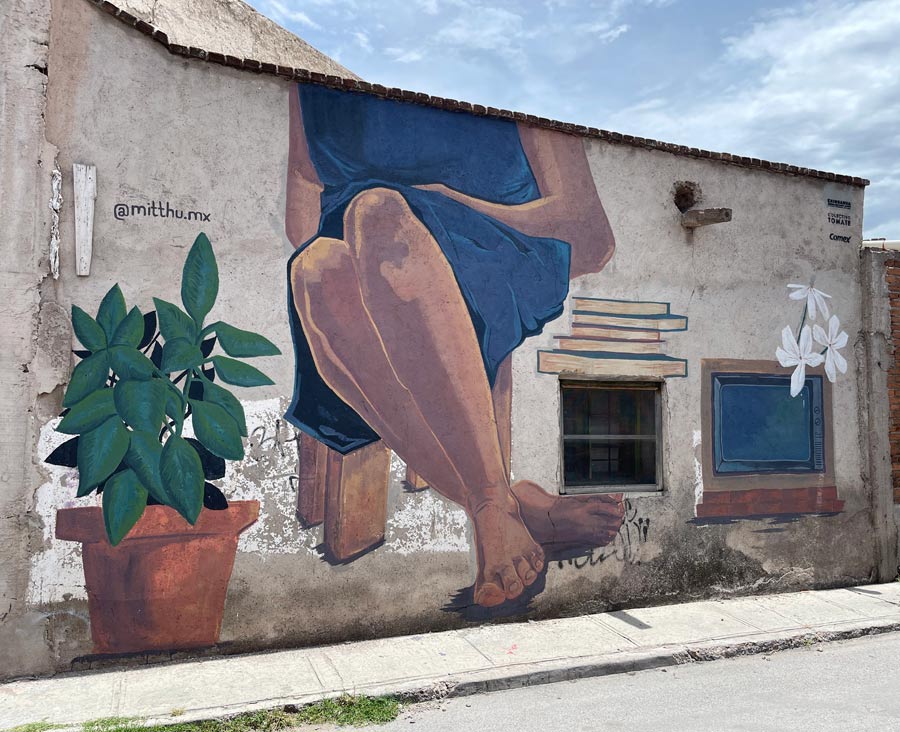
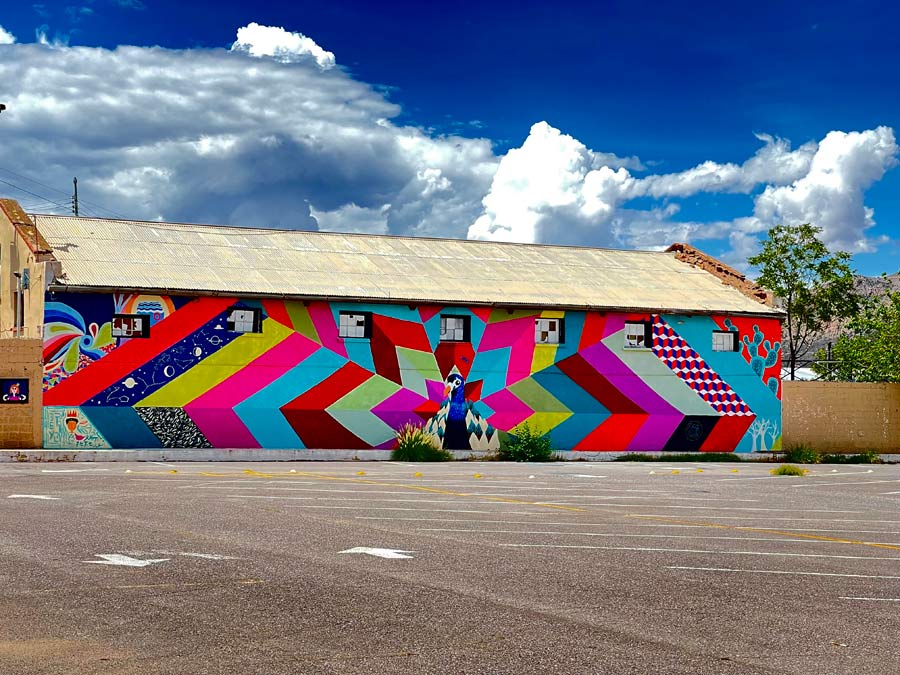
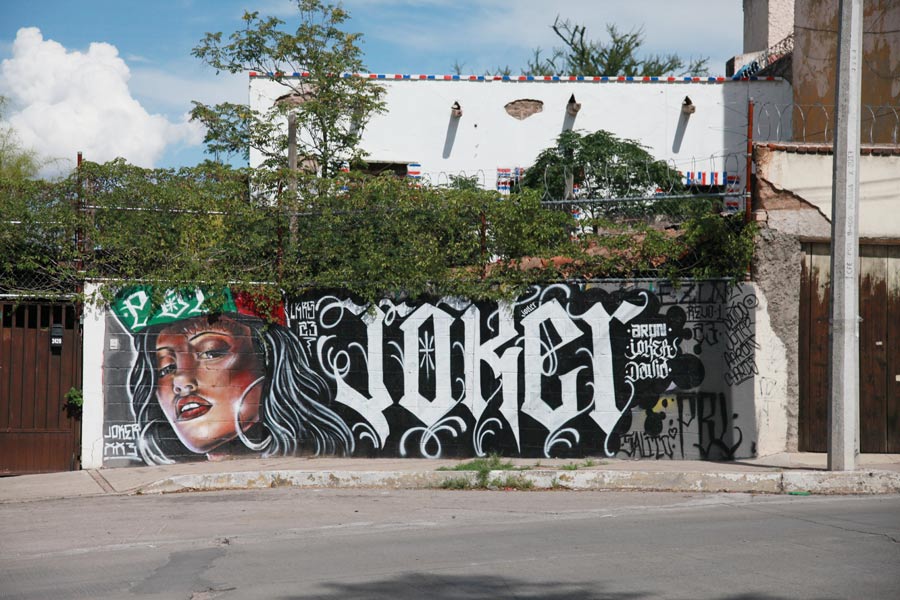
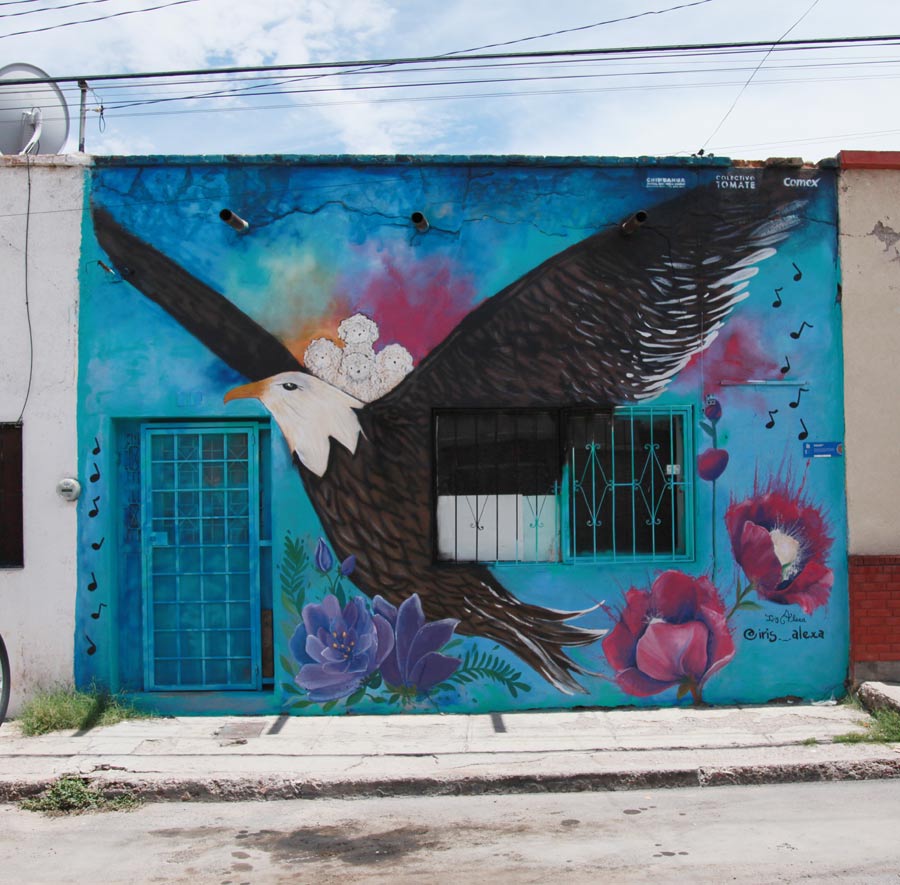
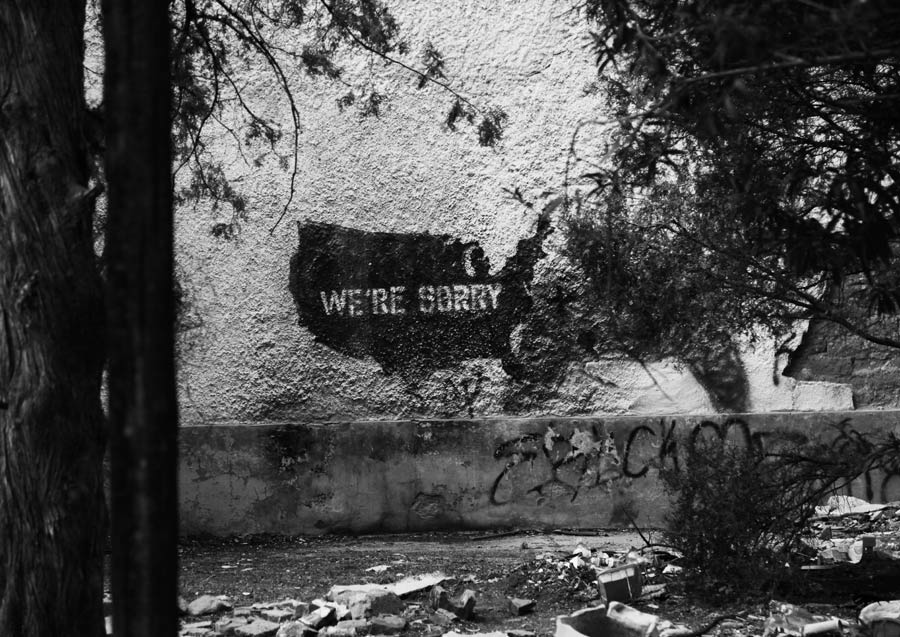
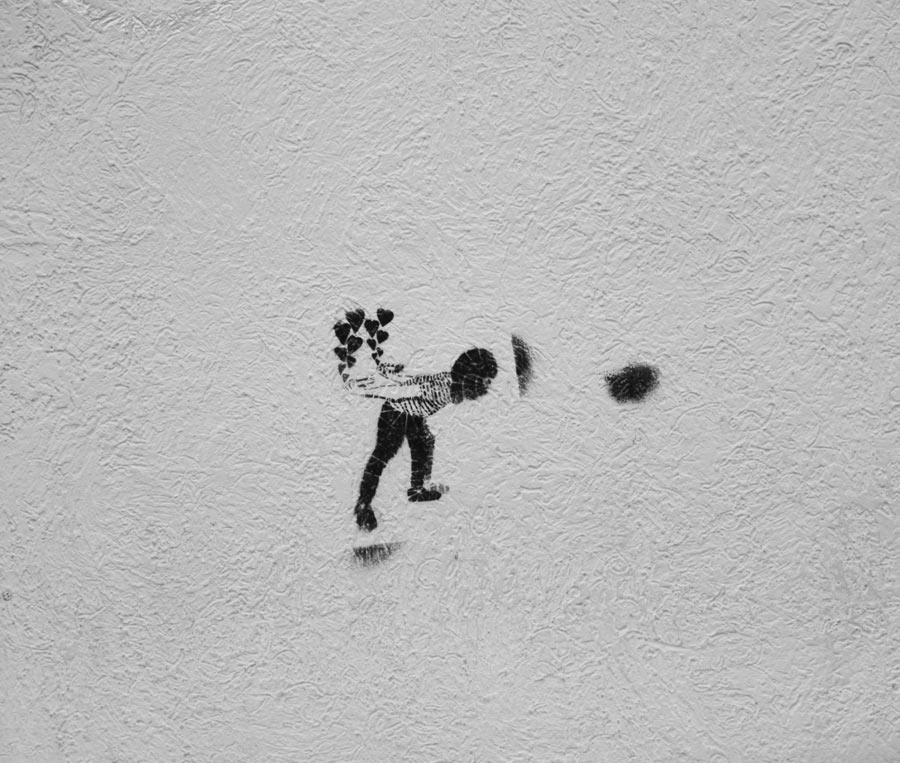
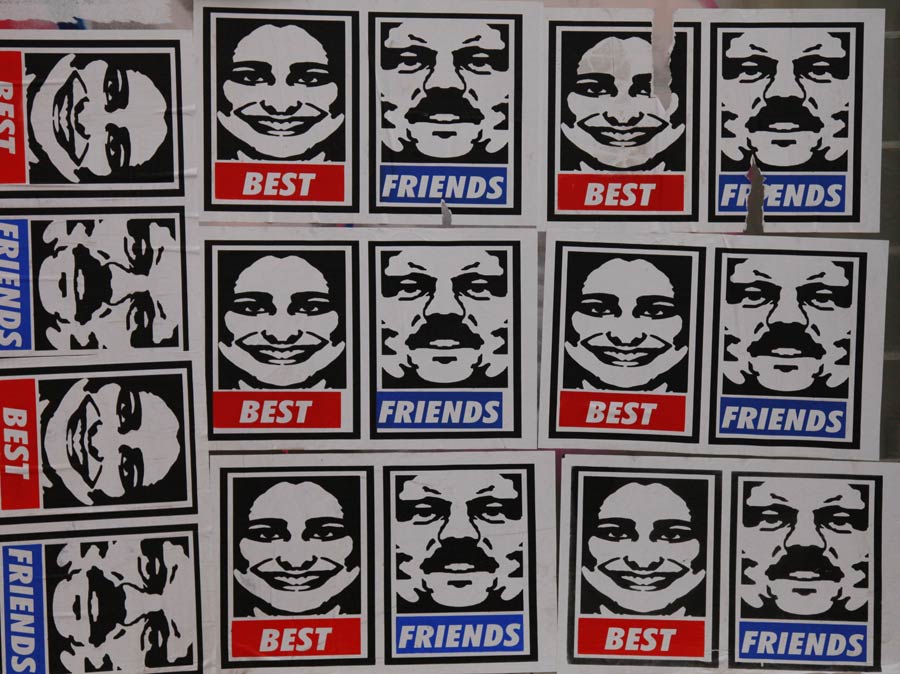
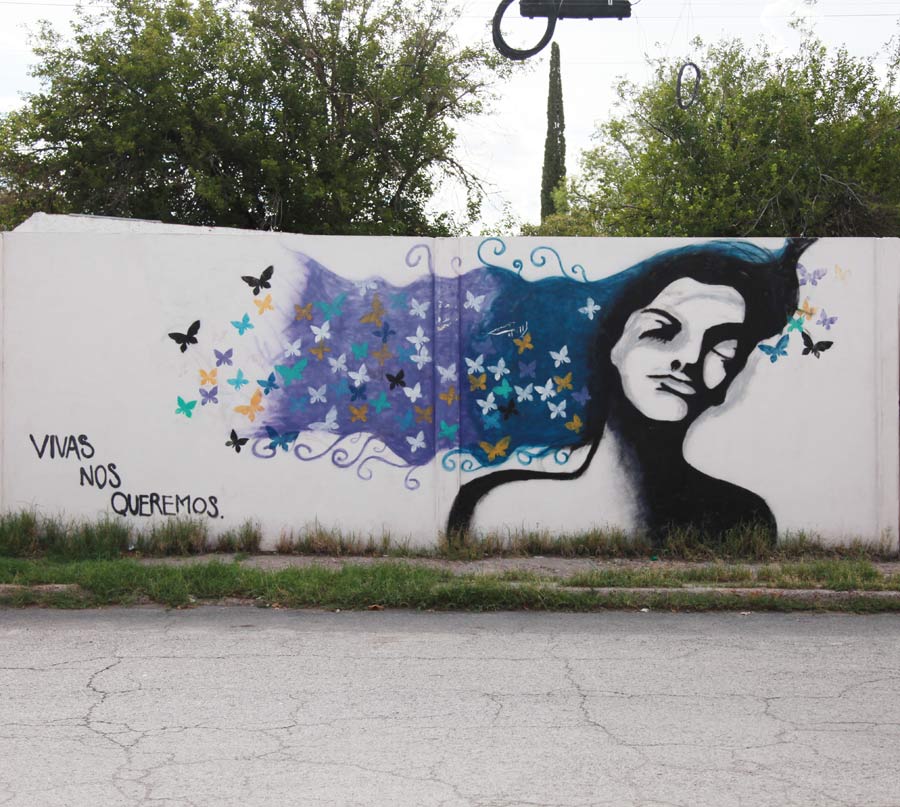

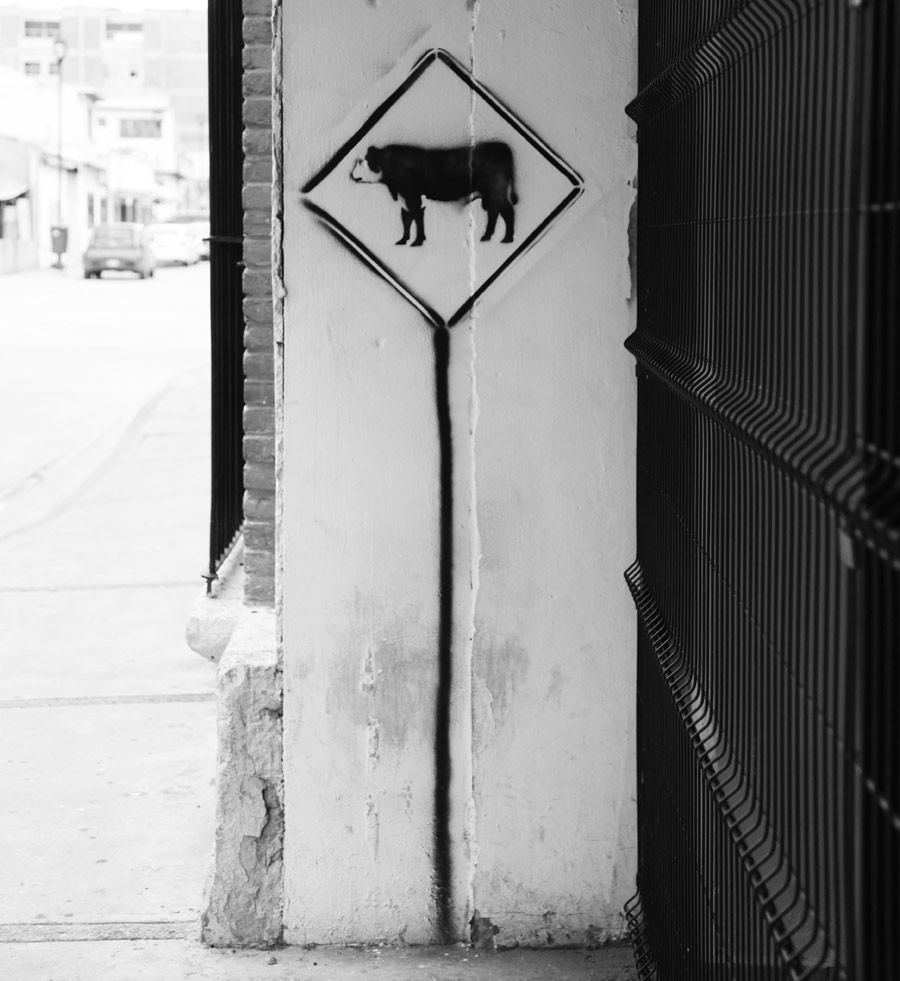

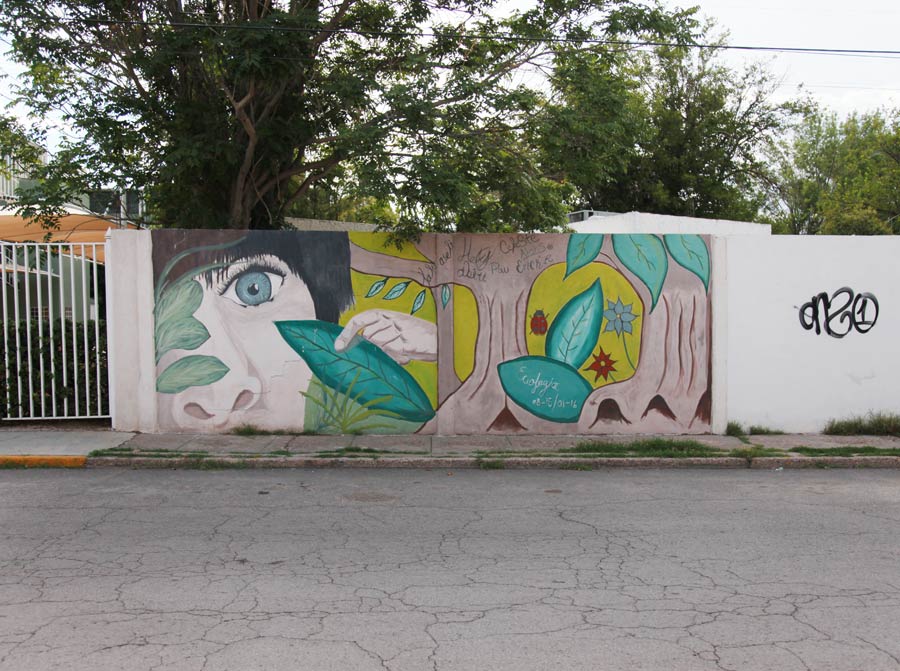
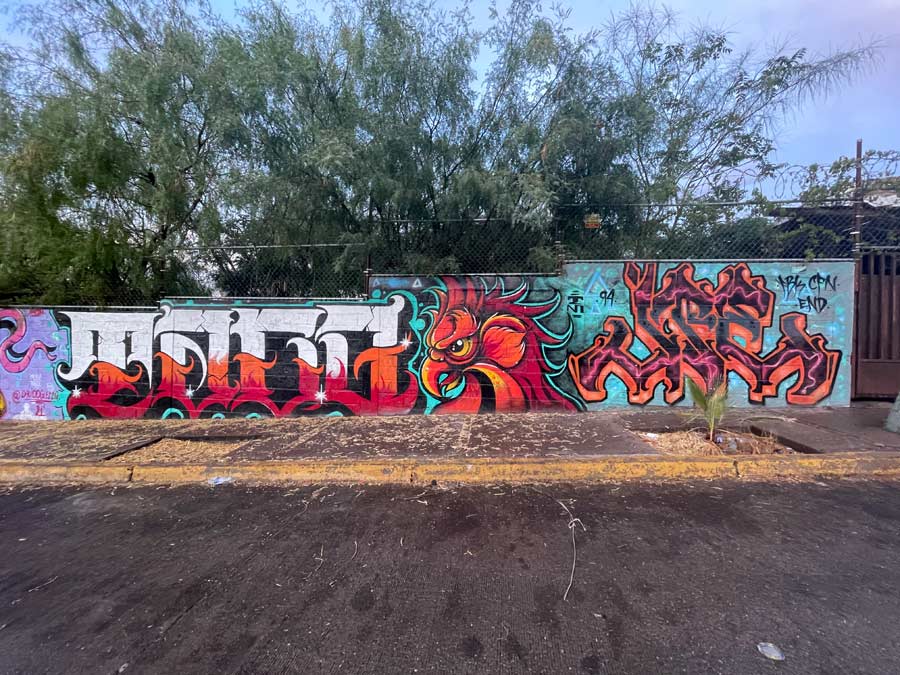
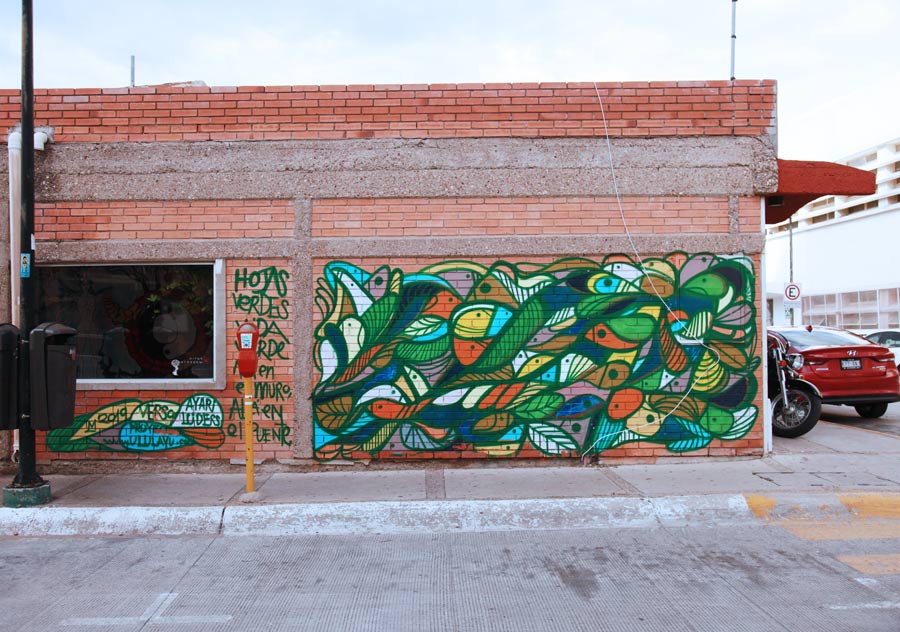
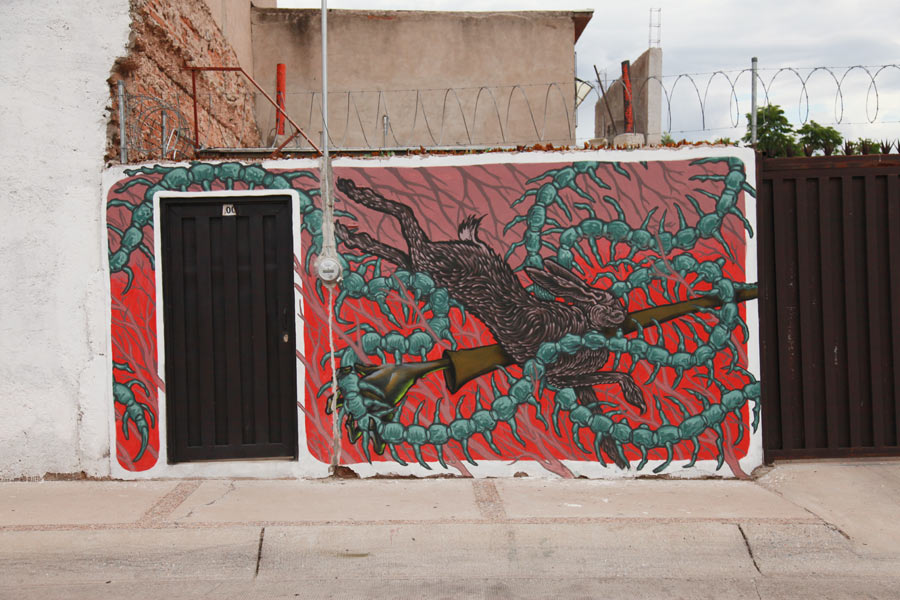
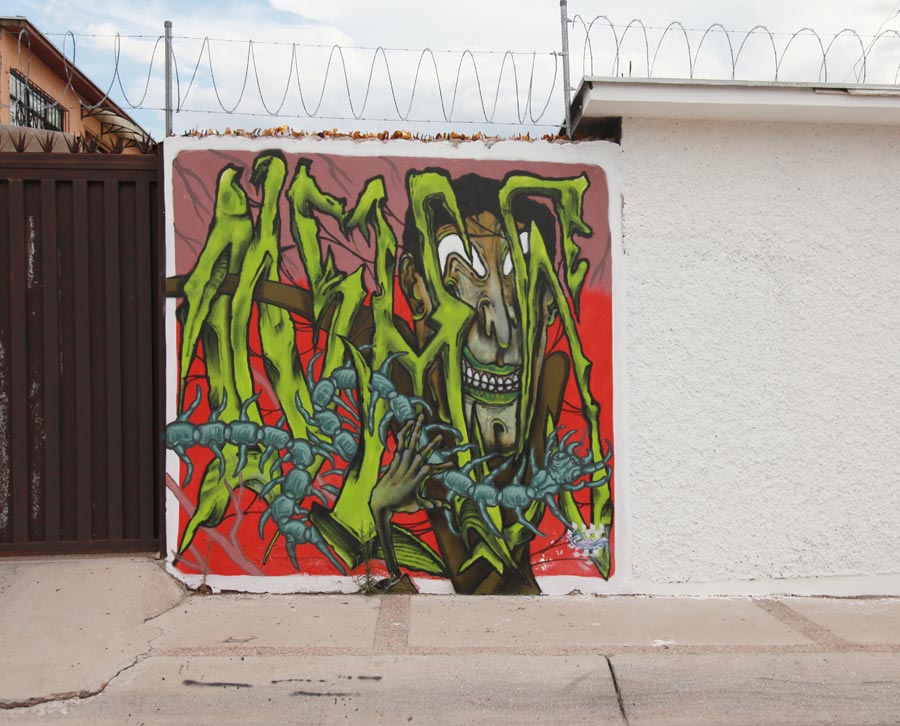
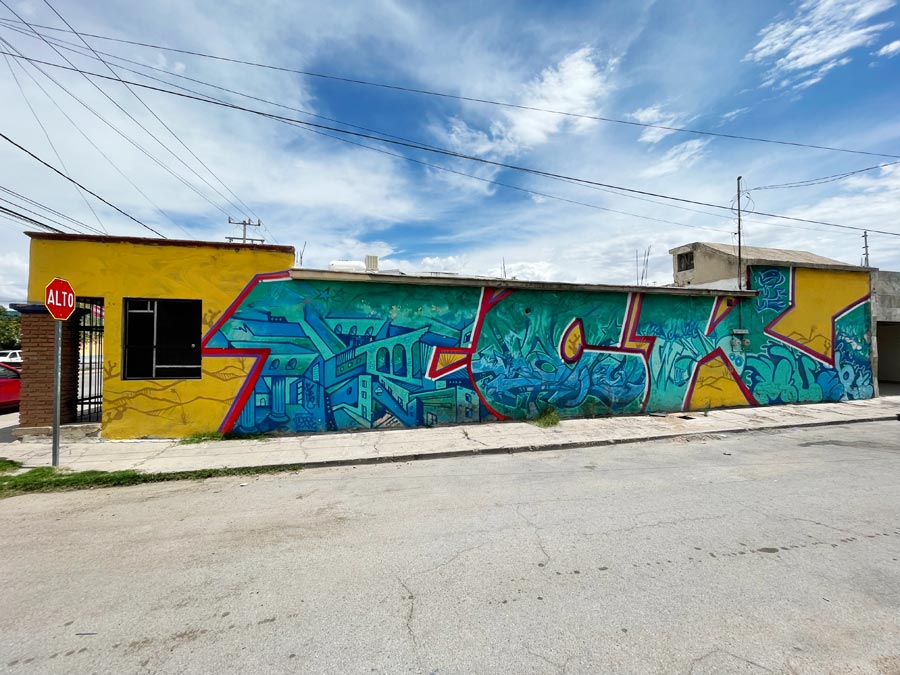
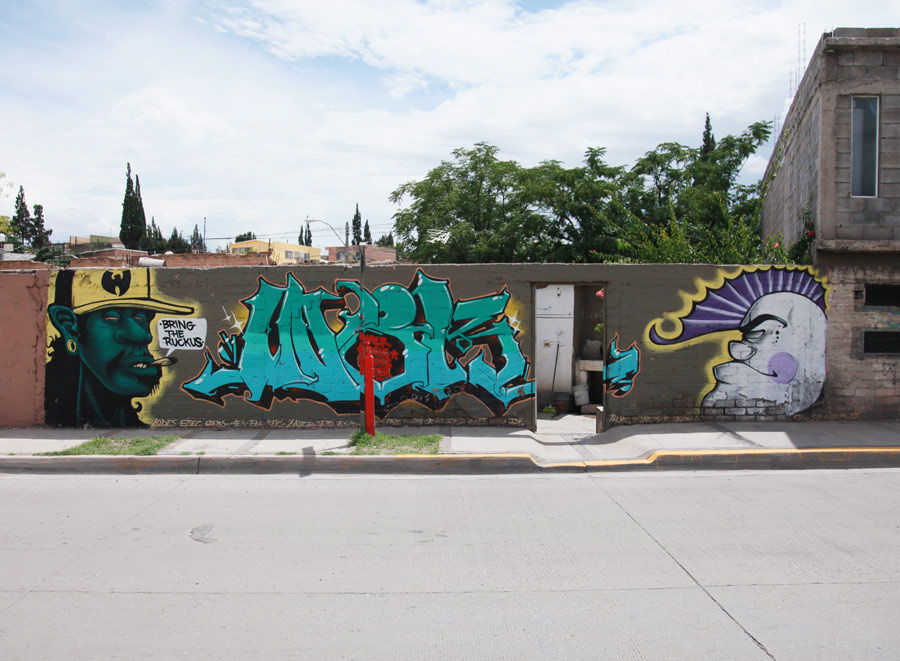
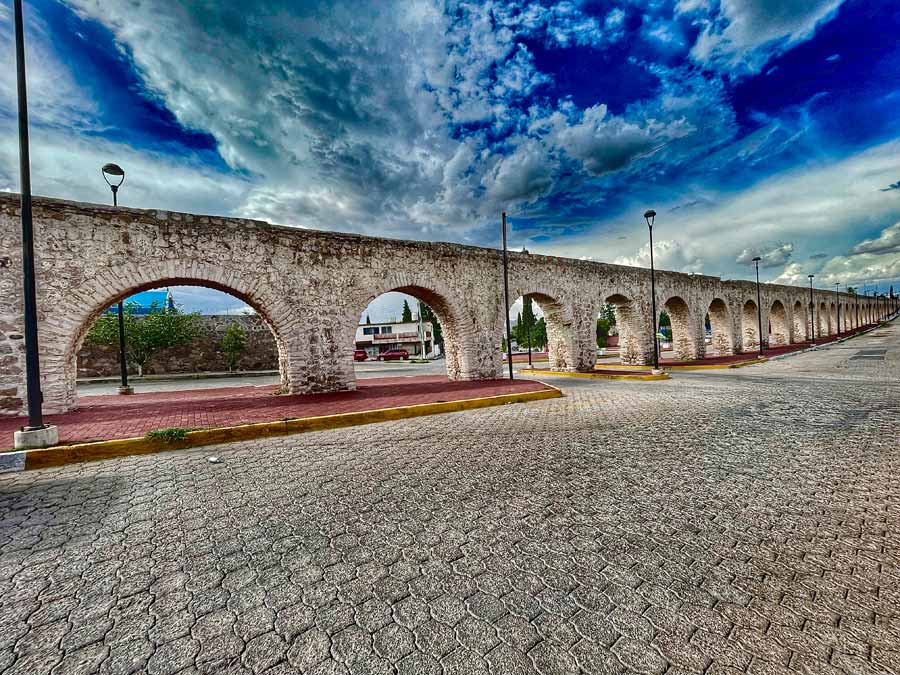
Other Articles You May Like from BSA:
Museums, Festivals, and Activism – three of the themes that garnered the most traffic on our published stories on BSA and The Huffington Post this year. From a scholarly Street Art related exhibiti...
Welcome to BSA Images of the Week. Happy Hannukah to all our Jewish friends this week as the festival of lights began on Thursday night. “Chag Sameach!” Meanwhile, the Christmas jam is in f...
Welcome to BSA Images of the Week. People are so careful sometimes to let you know that certain artists are self-taught. You wouldn’t think it so necessary to make the distinction but it’s of...
As we approach the end of International Women's Day/Month, we share with you images from the protests that took place in Chihuahua, Mexico marking the day when women all over the world took to the str...
Chihuahua, Chihuahua, Mexico has what may be called a thriving graffiti and street art scene - growing significantly over the past decade. Many local and international artists have gained recognition...
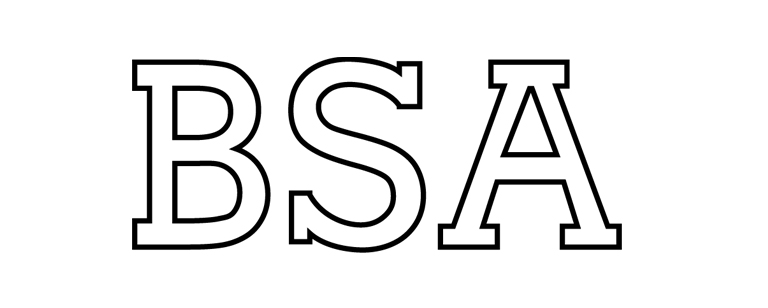 BROOKLYN STREET ART LOVES YOU MORE EVERY DAY
BROOKLYN STREET ART LOVES YOU MORE EVERY DAY